Many critics believe that college athletes are fairly compensated by their free education, room & board, and limited monthly stipend and that paying players would ruin the system of amateurism on which the NCAA is based. Regardless of the student-athlete’s value to the university and the NCAA, many insist on accepting their amateur label that the system designates. I believe that there is a large gap in the value of top student-athletes, predominately in basketball and football, and the value of the scholarships that they are provided.
High profile college athletics brings stature and prestige to many universities, and are an important part of a university’s identity. A school’s athletic program can have an impact on the interest of prospective students, and is one of the biggest ways to promote a university. Imagine Alabama and USC without football, or Duke and North Carolina without basketball. And there are many, many more. Take away college sports from a university, and I believe the university is losing value.
Amateurism in college sports is a myth. It ceases to exist when the NCAA can sell the TV rights to the national men’s basketball tournament for over $10 billion. In the ACC, ESPN/Raycom pays $240 million annually to showcase their athletes. The Mountain West, a smaller, less prestigious conference, is paid $18 million a year by ESPN for broadcasting rights.
In a system defined by amateurism, coaches would participate simply for the love of the game. In college football & basketball today, coaches make several millions of dollars every year. Arizona State head football coach Todd Graham recently signed an extension that will pay him $2.7 million annually, while school president Michael Crow earned less than a third of that to run the entire university. Is Graham worth that financial investment? Yes. He’s been considered one of the best head coaches in the country with respect to his value for the money.
A 2013 article from Deadspin.com reported that college coaches in 39 states were the highest paid state employees. Referring to college sports as amateurism ignores the “professional” money it brings in. Still, despite the interest and the significant revenue that its players generate, they can not earn a dime. Literally.
Additionally, the idea that many athletes can simply choose not to play college sports if they feel the system is unfair is ignoring many real world circumstances. College athletics, particularly in basketball and football (the two biggest money-makers) traffic in inner city talent. For many of them, a ticket to college is their only opportunity to give themselves a shot at a different life, a better life they otherwise would never have.
However, just because a free education would be greatly beneficial to a poor student-athlete, does that mean it should rule out their own opportunities to earn a wage on their own? For instance, just as non-student-athletes are free to look for jobs outside of their education, so should college athletes. I’m simply talking about a football player being able to work at a restaurant or coffee shop. It’s entirely true that, for the vast majority of them, a job would be very difficult to fit in given the time constraints they must negotiate. Regardless, I still believe that all student-athletes should have the same option to work as a means to earn their own money.
Alden Darby was a senior safety on last year’s Pac 12 South champion +Arizona State Sun Devils Football team. His story shows the necessity of college sports in the lives of many athletes to change their circumstances and give them a shot. Darby comes from the impoverished streets of Long Beach, CA. He slept at teammate’s houses and, if there was no place to stay for the night, would rent a cheap motel room during high school just to have a roof over his head. He described his upbringing as “the worst of the worst.”
In an interview with TopSportsReport.com, Darby details how sports allowed him to walk a different path than the journey of drugs, gangs, and violence. That life killed his cousin, who died during Darby’s junior year at ASU.
“I always had football to keep me out of the trouble my cousin got into. So by playing sports you walk down a different path then everyone else, and you see things that others don’t often see.”
The amateurism myth in the NCAA has many proponents who justify the limitations it puts on student-athletes because the scholarship that’s provided to the individual can be life-changing. “Football was always my escape,” Darby said. “I knew if I didn’t play football, I wasn’t going to go to college. I didn’t have money for college. I knew if I didn’t get a scholarship, it’s nothing,” he told The State Press.
Does that sound like a choice? For many college athletes, it’s the same: sports or “nothing.”
The “student” focus at Arizona State is not as common at many universities across the country
Regardless of one’s ability or inability to pay for college, does that scholarship necessarily equate to his financial value to the university and the NCAA? We need to ask the question– As a starter, one of the most popular players on the team, a fan favorite, and a person who gave everything to the promotion of the university and the football program, what financial impact did Alden Darby have on the system?
As an example of the lack of fairness in the system, Ben Strauss included this in his article for the New York Times, “Under N.C.A.A. rules, players can still lose their scholarships after being hurt, often pay for their own insurance and are generally responsible for long-term health care for injuries sustained on the playing field,”
In college football and basketball, that free education that is part of what the NCAA uses to classify it’s athletes as amateurs, has been found to be taking a back seat to the major sports they play. As detailed in the 2013 documentary “Schooled: The Price of College Sports,” the routine of division 1 football players is to wake up early for practice and then go to class before returning to football activities like practicing, training and studying film for the rest of the day. Then homework, sleep, repeat. That pressure to perform on the field is drastically higher than doing the same in the classroom.
This Documentary is an eye-opener and is available on Netflix.
“It was more valuable to my school that I get a C on an exam and an interception on Saturday, than it was that I get straight A’s and get no interceptions on Saturday. That doesn’t bring in boosters, that doesn’t bring in fans,” said former University of Maryland cornerback and professional, Dominique Foxworth, in the documentary.
At Arizona State, Darby was lucky to have exceptional academic support. He played for a program and a head coach whose focus on academics was more that hot air. ASU’s Scholar Baller program headed up by Jean Boyd is testament to that. But the “student” focus at Arizona State is not as common at many universities across the country where student-athletes play football or basketball.
Recent investigations into academic fraud at North Carolina cast doubt on whether football and basketball players, since those are the sports where athletes would be under the most pressure to remain eligible, receive a legitimate education. If education is to be used as serious compensation for the hard work and dedication of these athletes, we must make sure that education is genuine and unaffected by the sport they play. If education is to be what the NCAA bases amateurism on, then at the very least, the pressure to succeed in the classroom should equal the pressure to perform on the field.
My proposal would be for an outside entity to review all jobs applied for by student athletes, to avoid corruption on the part of either the university or employer. As previously mentioned, sports takes up such a large part of of an athlete’s time. If the athlete can play his sport at a high level and maintain his education, at minimum he should be free to seek out a job without the approval of the university and the NCAA.
In part three, the final installment, I’ll present how to properly compensate college athletes based on their true financial value and what a wage-based scale would mean for college athletics.
Part 1 of the Series: The NCAA’s Exploitation of Student Athletes: Case in Point, Sun Devil Will Sutton
Darby is now with the NFL San Diego Chargers but remains an undrafted free agent. Keep fighting like a Sun Devil son, and get that contract.
Pages: 1 2




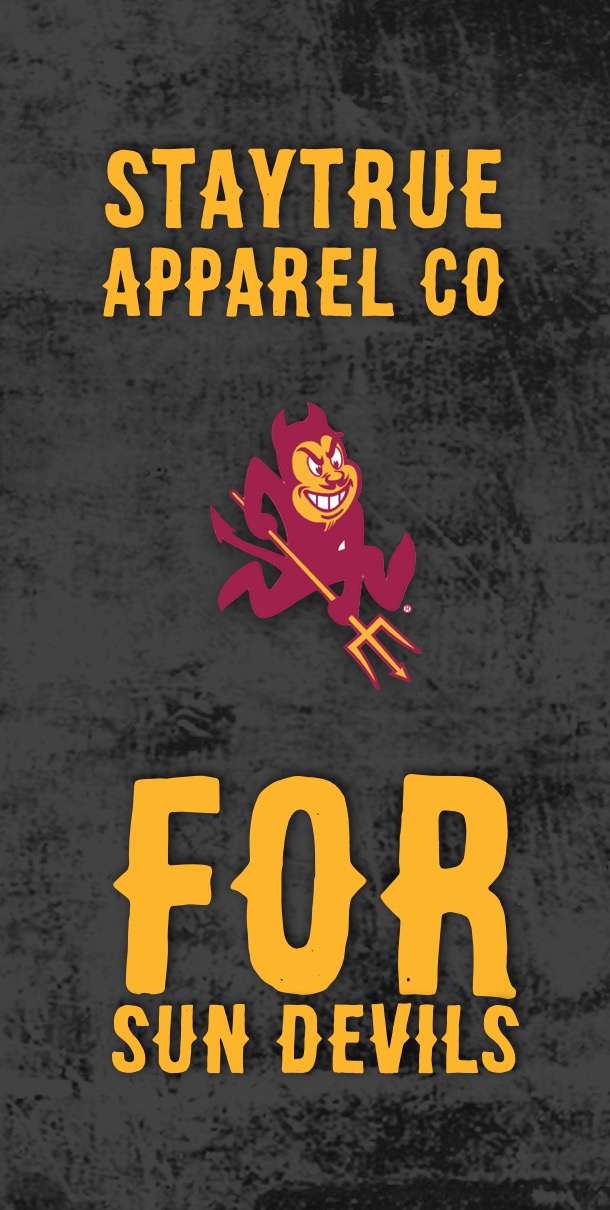

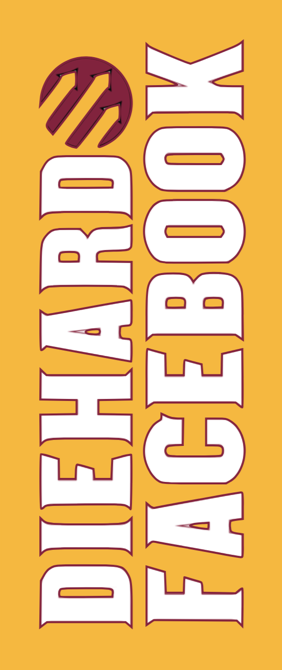

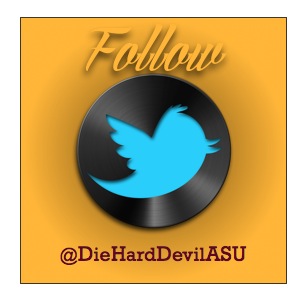
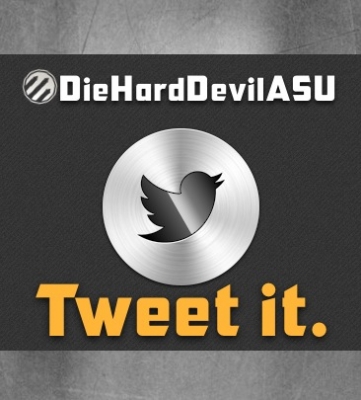
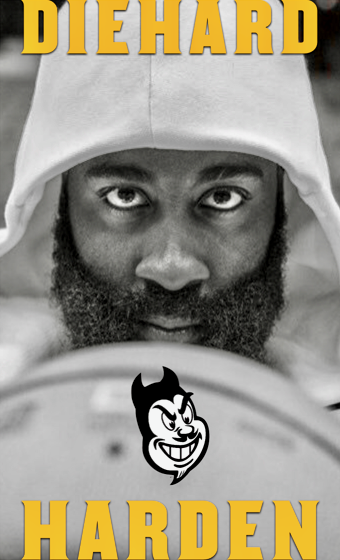

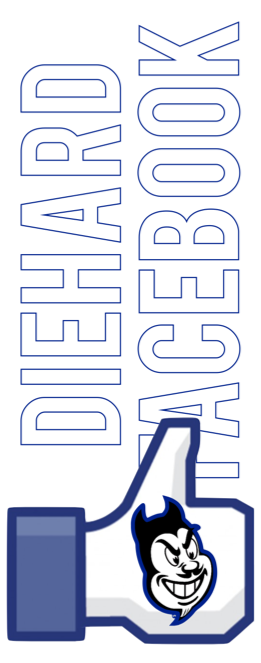

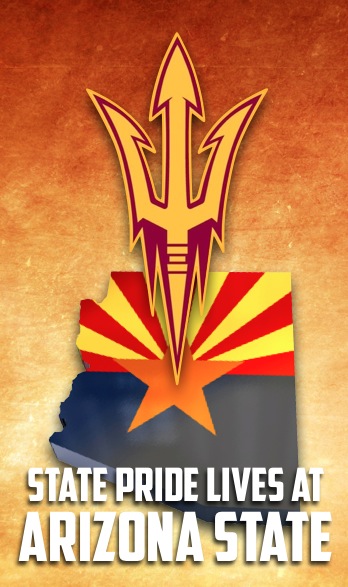


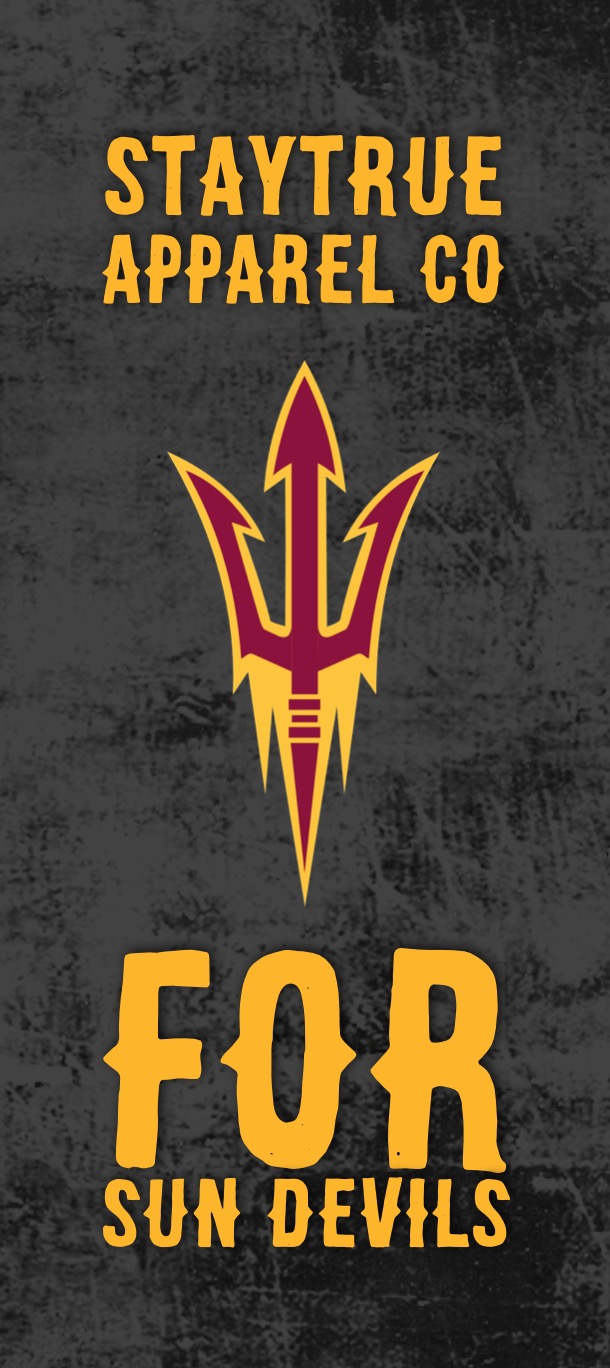





















Leave a Reply
You must be logged in to post a comment.